1. Stoicism and the Age of Emotional Resilience
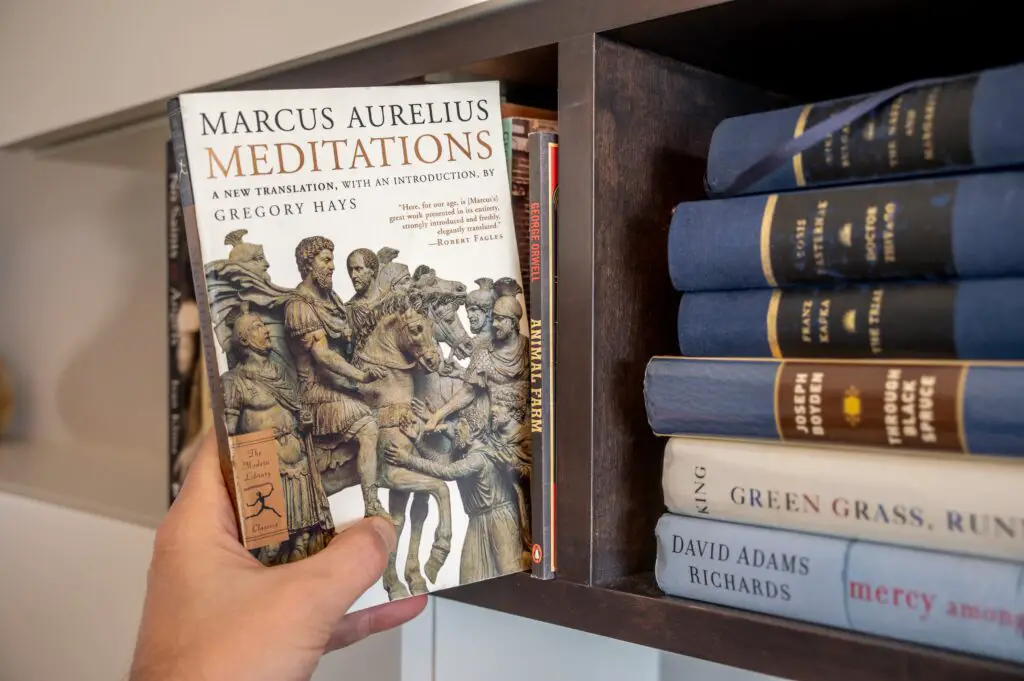
The ancient Stoics, like Marcus Aurelius and Epictetus, believed that true happiness comes from controlling our reactions, not external events. They taught that we should focus only on what we can manage and accept what we cannot change. This philosophy mirrors modern practices like mindfulness and cognitive behavioral therapy, which emphasize staying present and challenging negative thoughts. Stoicism also urged people to avoid emotional extremes, promoting a balanced, rational approach to life’s challenges says Forbes.
In today’s world, where anxiety and stress are at an all-time high, Stoic ideas feel surprisingly modern. The Stoics warned against information overload long before social media existed, advising people to filter out unnecessary noise. Their advice to journal thoughts, as Marcus Aurelius did in Meditations, is now a common mental health tool. The Stoics would likely advocate for digital minimalism—encouraging us to disconnect and focus on what truly matters. Their ancient wisdom seems perfectly tailored to the emotional turbulence of our digital age adds Psychology Today.
2. Confucianism and the Social Credit System
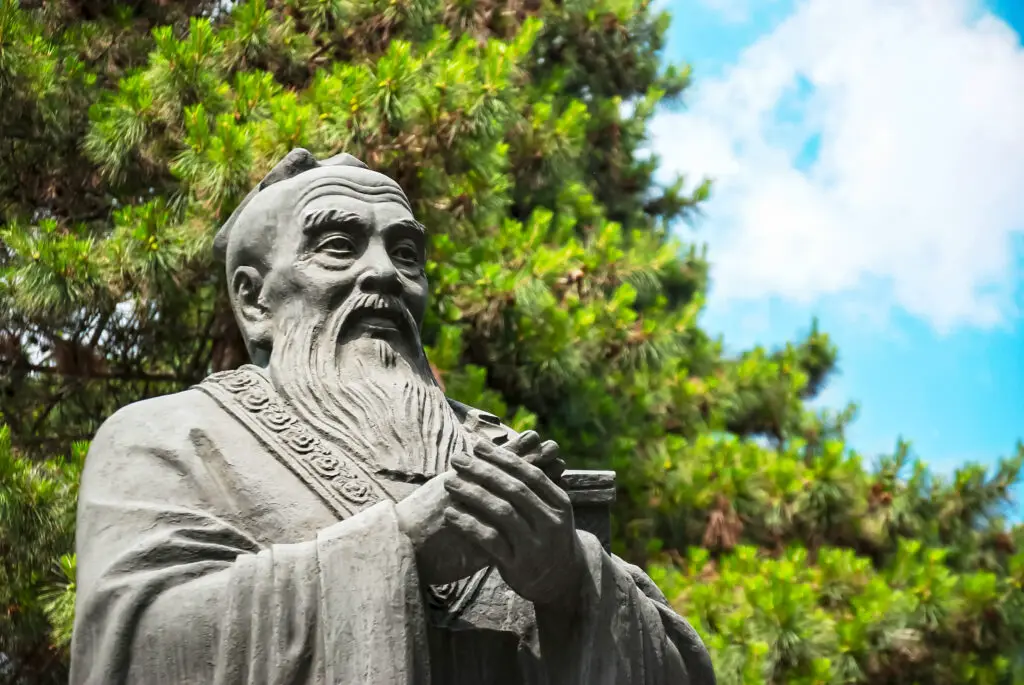
Confucius taught that social harmony is achieved through personal virtue, respect for hierarchy, and moral integrity. He emphasized that individuals must cultivate good character, act ethically, and fulfill their societal roles responsibly. This philosophy closely aligns with modern systems that assess and reward citizen behavior, such as China’s social credit system. While Confucius never envisioned digital surveillance, his teachings promoted accountability and societal order—concepts central to today’s social credit models says CBN.
In modern China, the social credit system assigns scores to citizens based on their actions, rewarding or penalizing them accordingly. This system reflects Confucian ideals of moral rectitude and social responsibility. Confucius believed that societal harmony could be maintained when individuals acted with integrity, much like how the credit system encourages compliance with social norms. While the social credit system is controversial, Confucius might argue that it’s a logical extension of his philosophy—albeit executed with modern technology. The eerie parallel between ancient Confucian ethics and today’s surveillance culture showcases how old ideas continue to shape contemporary society shares the Conversation.
3. Epicureanism and Minimalism
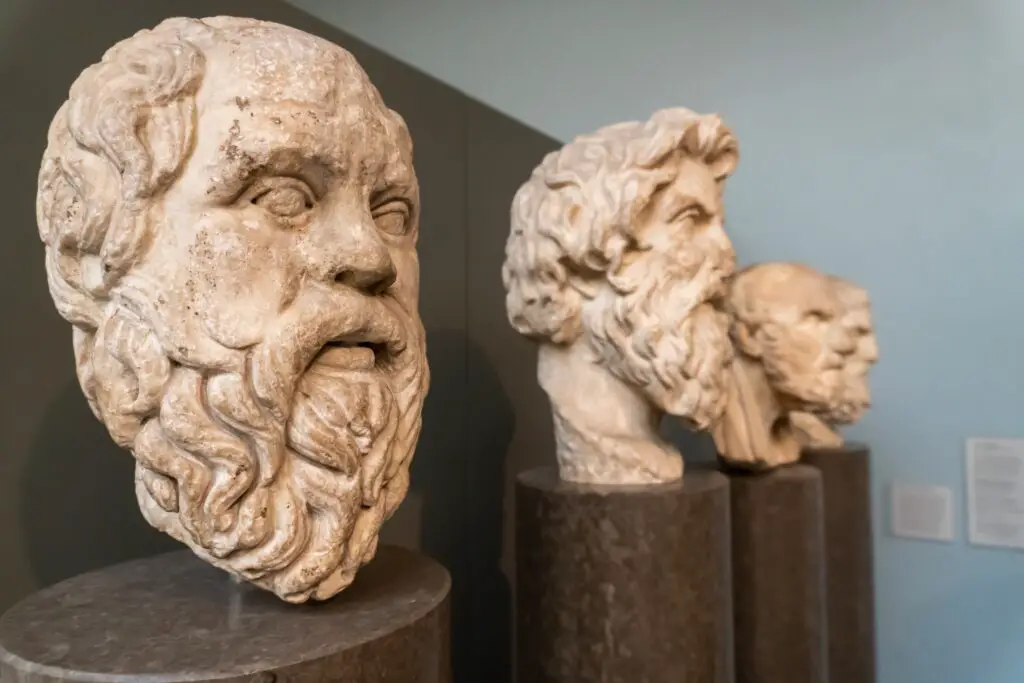
Epicurus taught that the key to happiness is seeking simple pleasures and avoiding unnecessary pain. He advocated for modest living, friendship, and intellectual discussion over material wealth. This emphasis on simplicity is reflected in the modern minimalist movement, where people choose to declutter their lives, both physically and mentally. Epicureanism also stressed the importance of mental peace and reducing anxiety—principles that resonate with today’s minimalist lifestyle, which encourages people to own less and focus on experiences rather than possessions.
Modern minimalists strip away excess to find contentment in simplicity, echoing Epicurean ideals. The philosophy warns against overindulgence and promotes intentional living, which aligns with current trends like tiny houses and capsule wardrobes. Epicurus believed that reducing desires leads to a more fulfilling life—a concept that many embrace as a way to escape consumer culture. As we strive for simplicity in a world overwhelmed by materialism, Epicureanism serves as a guiding light, reminding us that happiness often comes from less, not more.
4. Plato’s Allegory of the Cave and Virtual Reality
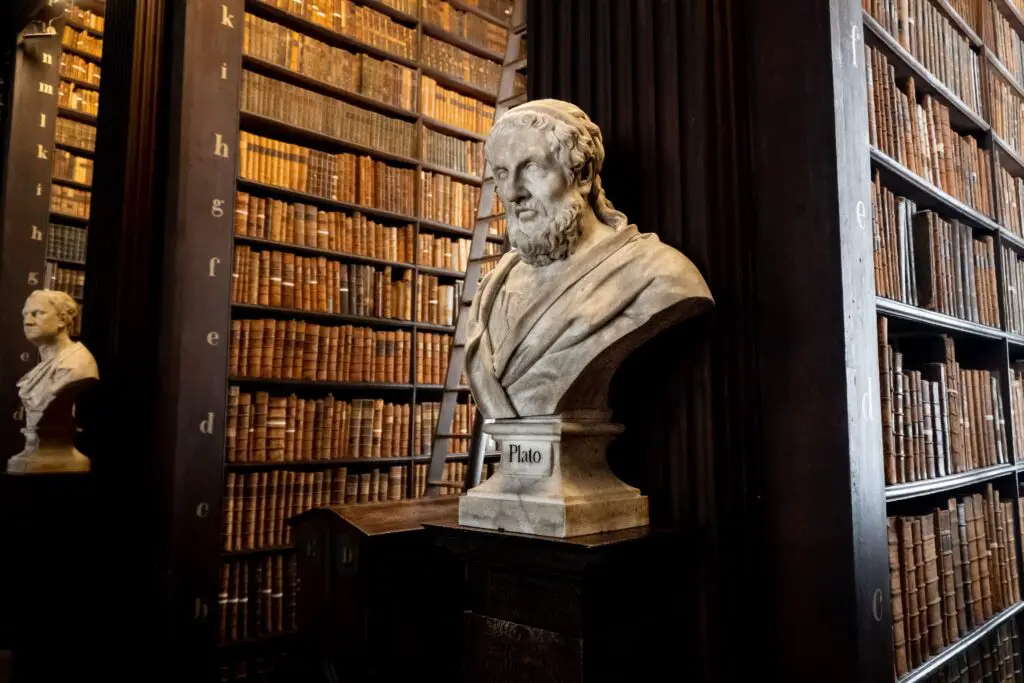
Plato’s Allegory of the Cave describes prisoners who perceive shadows on a wall as reality, unaware of the outside world. This philosophical metaphor explores the nature of perception and truth, suggesting that most people accept illusions as reality. Today, this allegory finds a striking parallel in virtual reality (VR) technology. As VR creates immersive, alternate realities, it raises questions about what is real and what is an illusion—just like Plato’s cave prisoners.
The rise of VR challenges our understanding of reality in ways Plato could never have imagined. People can escape their physical surroundings and enter virtual worlds where the lines between reality and illusion blur. Plato warned that stepping out of the cave is painful but necessary for true enlightenment. Similarly, VR users must balance virtual experiences with real-life responsibilities. Plato’s allegory serves as a cautionary tale in the VR age, reminding us to question our perceptions and seek truth beyond the shadows of our screens.
5. Aristotle’s Golden Mean and Work-Life Balance
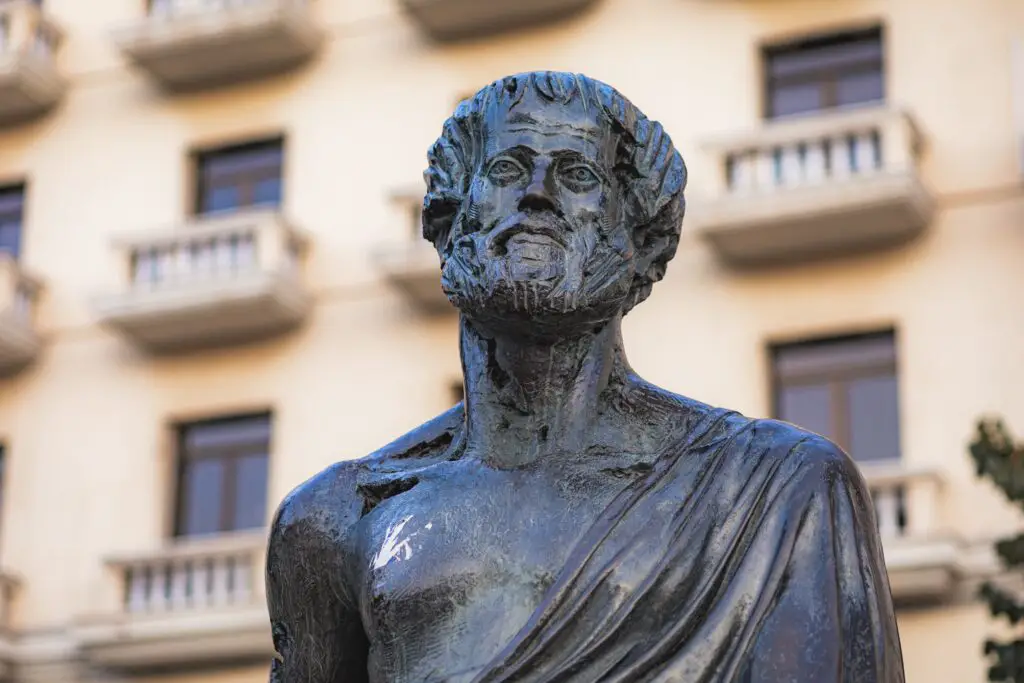
Aristotle’s concept of the Golden Mean advocates for balance between extremes. He believed that virtue lies in moderation—neither excess nor deficiency but finding the middle ground. Aristotle applied this to all aspects of life, from courage and generosity to diet and lifestyle. Today, the struggle to maintain work-life balance echoes Aristotle’s teachings. We’re encouraged to avoid burnout by balancing work commitments with personal time, much like Aristotle’s ideal of a well-rounded life.
In the modern workplace, where long hours and constant connectivity are the norms, Aristotle’s wisdom is more relevant than ever. Companies now promote flexible work arrangements, mental health days, and remote work to maintain employee well-being. Aristotle’s Golden Mean suggests that success comes from balancing professional ambitions with personal happiness—a philosophy echoed in today’s emphasis on avoiding burnout. By striving for balance, we can apply Aristotle’s ancient advice to lead more fulfilled and harmonious lives.
6. Hindu Karma and Ethical Consumerism
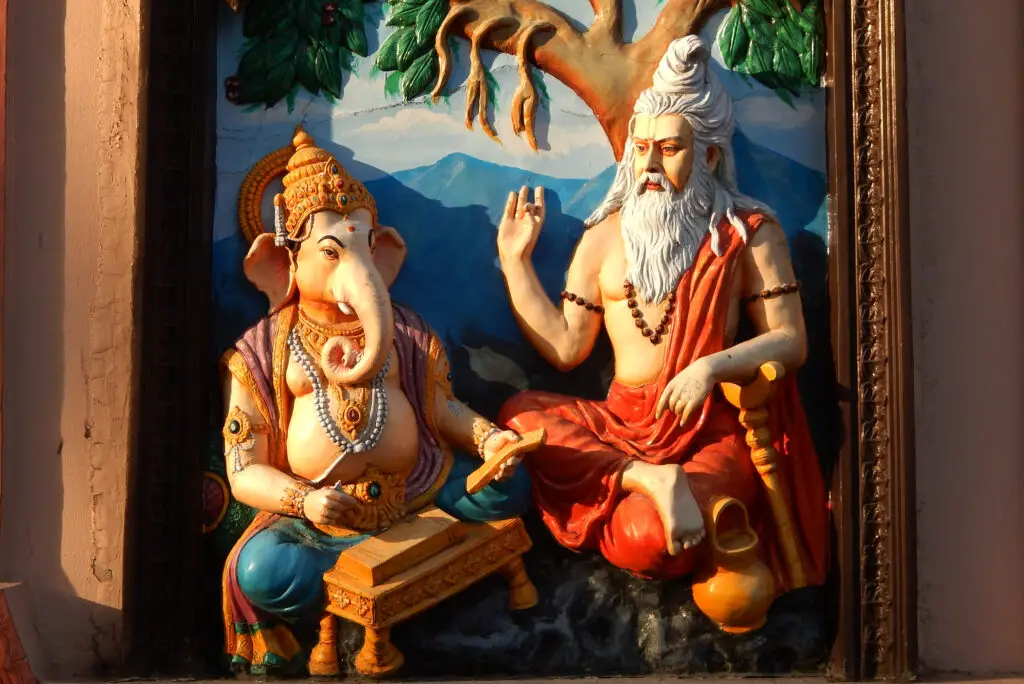
The concept of karma in Hinduism teaches that every action has consequences—good or bad. It encourages ethical behavior by emphasizing that our deeds shape our future. This ancient idea closely aligns with the rise of ethical consumerism, where individuals make purchasing choices based on environmental impact, labor practices, and corporate responsibility. Consumers today seek to buy from companies that align with their values, reflecting the karmic principle of reaping what you sow.
Ethical consumerism mirrors the karmic belief that responsible choices lead to positive outcomes. Companies promoting sustainability, fair labor, and eco-friendly practices are rewarded with loyal customers—an economic karma of sorts. The rise of veganism, fair-trade products, and sustainable fashion all reflect this ancient principle in action. Hindu karma teaches us that small, ethical choices accumulate over time, shaping a better world—an idea that ethical consumers embrace when choosing where to spend their money.
7. Laozi’s Wu Wei and the Slow Living Movement
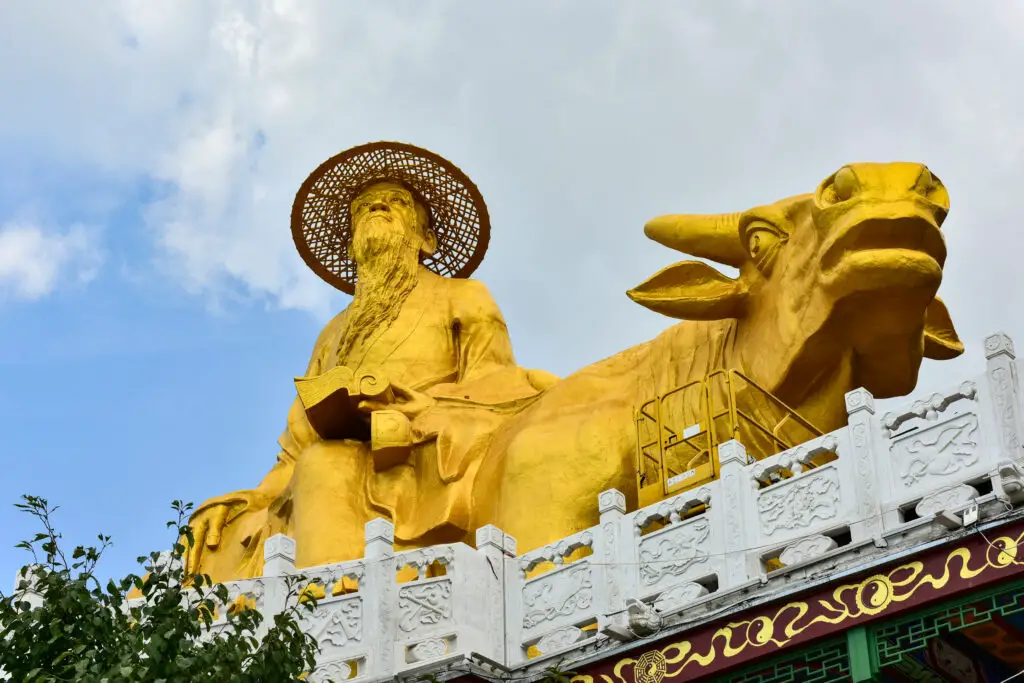
Laozi, the founder of Daoism, introduced the concept of wu wei, or “non-action,” which promotes effortless action in harmony with nature. It’s the idea of flowing with life’s currents rather than forcing outcomes. This philosophy resonates with the slow living movement, which encourages slowing down, being present, and embracing simplicity. In a fast-paced world, the idea of “doing less but living more” is a direct reflection of wu wei.
The slow living movement urges people to savor everyday moments—whether it’s cooking a meal, walking in nature, or spending quality time with loved ones. This approach aligns with Laozi’s belief that overcomplication leads to stress and imbalance. Whether it’s choosing a slower career path or reducing screen time, modern slow living advocates are applying wu wei in their own lives. Laozi’s ancient wisdom invites us to embrace life’s flow without resistance—a lesson many are discovering as they seek refuge from modern life’s chaos.
8. Zeno’s Paradox and the Quest for Perfection
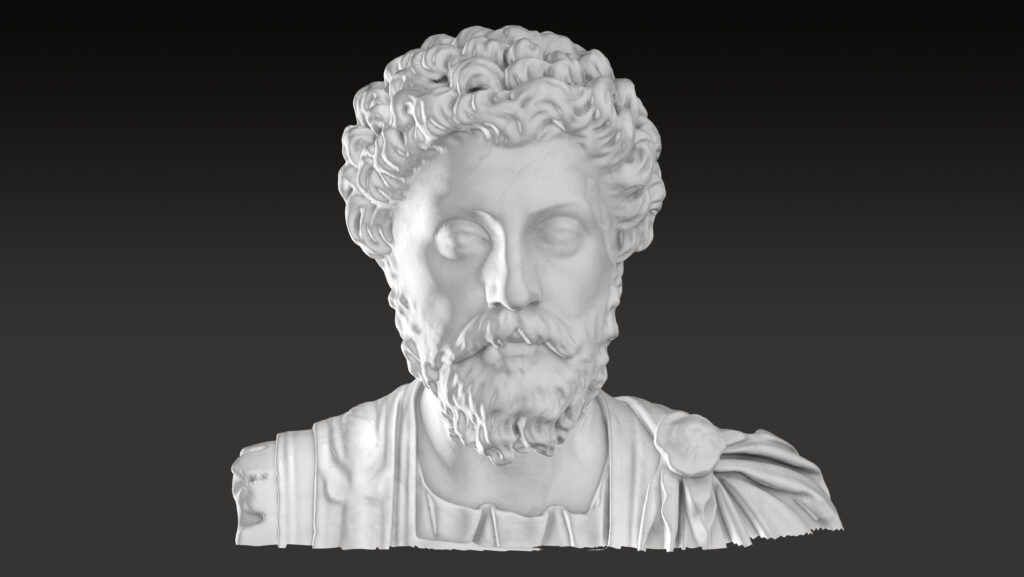
Zeno of Elea presented paradoxes that explored motion and infinity, one of which argues that movement is impossible because you must reach an infinite number of halfway points. At its core, Zeno’s paradox challenges the idea of perfection—suggesting that the pursuit of an ideal state is an endless, perhaps unattainable, journey. This mirrors today’s perfectionism culture, where individuals strive for flawlessness in work, appearance, and life.
Perfectionism often leads to burnout and dissatisfaction, as people chase an ever-elusive ideal. Zeno’s paradox suggests that the goal of perfection might be inherently flawed—something modern psychology now echoes. Mental health experts advise embracing imperfection and focusing on progress rather than perfection. Zeno’s ancient challenge to perfectionism is echoed in the current movement towards self-compassion, reminding us that the pursuit of perfection may be less important than personal growth.
9. Epicurean Hedonism and the Wellness Industry
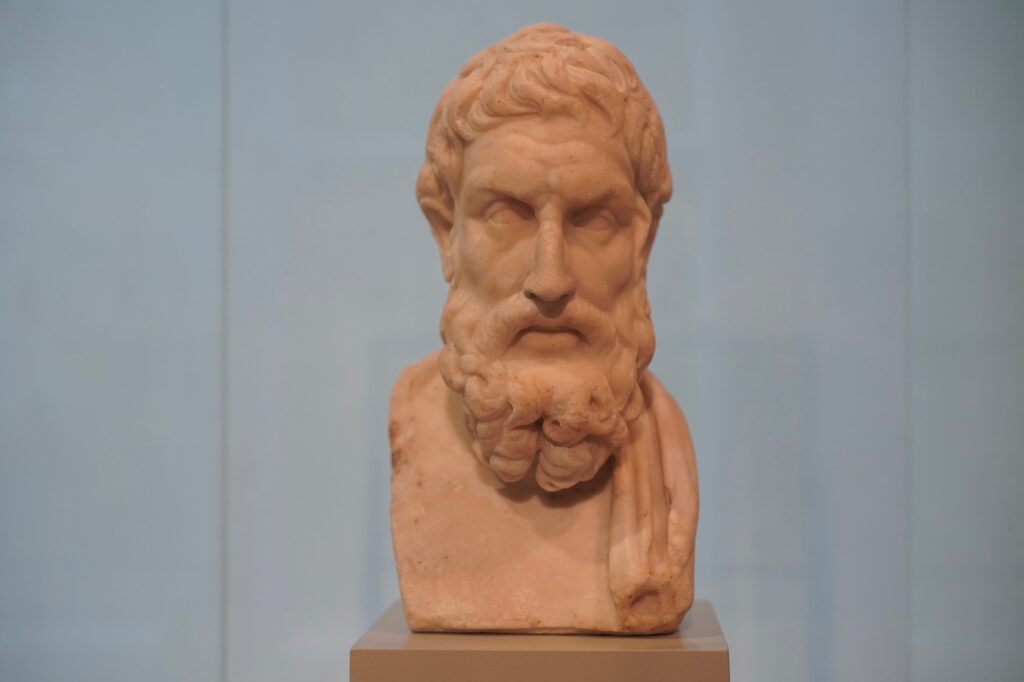
Epicurus believed that the highest pleasure comes from simple, sustainable pleasures—good food, friendship, and intellectual discussion. He warned against overindulgence, arguing that true joy comes from moderation and inner contentment. Today’s wellness industry promotes similar ideas: balance, self-care, and mental well-being. Practices like yoga, meditation, and balanced diets reflect Epicurean hedonism in their focus on sustainable pleasure.
The wellness industry capitalizes on the desire for a balanced life, much like Epicurus advised. The emphasis on mental health, physical fitness, and mindful living mirrors Epicurean teachings. As we invest in wellness apps, organic foods, and therapy, we continue to embrace the ancient philosophy that pleasure and contentment are best achieved through moderation and simplicity.
10. Cynicism and Minimalist Living

Cynicism, founded by Diogenes of Sinope, advocated for living a life stripped of unnecessary desires and societal conventions. Diogenes famously rejected material wealth, choosing to live in a simple barrel and openly criticize social norms. The philosophy emphasized self-sufficiency, rejecting materialism and societal expectations in favor of personal freedom. This radical approach mirrors the modern minimalist movement, where people intentionally reduce their possessions and simplify their lives to focus on what truly matters.
Minimalism today is about decluttering not just physical spaces but also mental and emotional clutter. It’s about rejecting consumer culture and living with less—values that align closely with Cynic philosophy. Minimalists prioritize experiences over possessions, seek financial independence, and aim to reduce environmental impact. Diogenes might find our tiny houses, capsule wardrobes, and minimal living blogs oddly familiar. In an era of constant consumption, Cynicism’s emphasis on simplicity and authenticity serves as a stark contrast to modern materialism, reminding us to seek freedom from excess rather than wealth.
11. Socratic Questioning and Critical Thinking
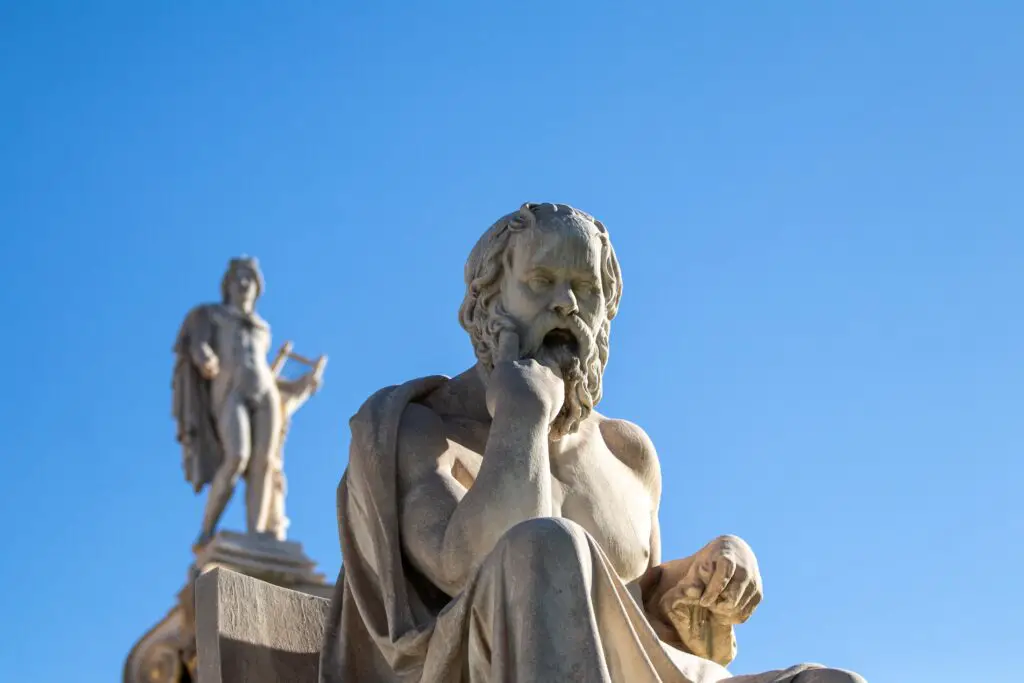
Socrates championed the art of questioning as a means to uncover truth and gain wisdom. His Socratic Method involves asking probing questions to challenge assumptions and encourage deep thinking. Socrates believed that by questioning everything, individuals could achieve greater knowledge and self-awareness. This method is the foundation of modern critical thinking skills, which are now taught in education systems worldwide. In an age of misinformation and rapid news cycles, Socratic questioning helps individuals analyze sources and think critically about the information they consume.
The Socratic approach is also central to modern debates, journalism, and scientific inquiry. Critical thinking workshops, fact-checking initiatives, and educational curricula all echo Socrates’ philosophy of rigorous questioning. In everyday life, this method helps people make informed decisions, from choosing healthcare plans to voting in elections. Socrates’ commitment to intellectual integrity and continuous learning encourages us to look beyond surface-level information, fostering a more informed and thoughtful society. His ancient method seems tailor-made for the complexities of today’s information landscape.
12. Zen Buddhism and Digital Detox
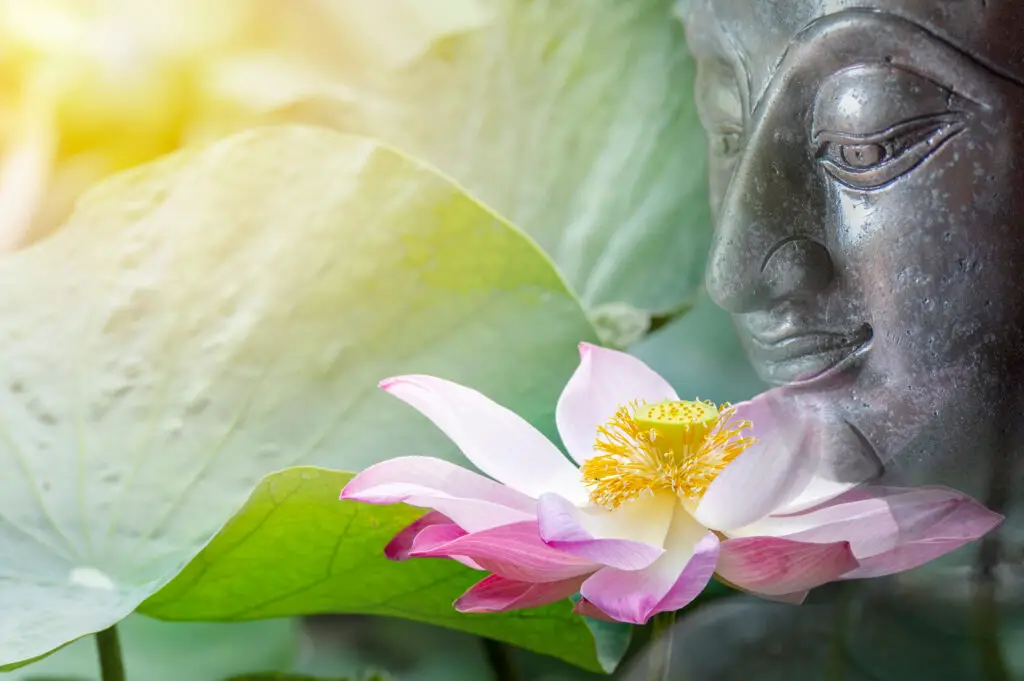
Zen Buddhism focuses on meditation, mindfulness, and living in the present moment. It teaches that inner peace is achieved by simplifying life and letting go of distractions. The core of Zen practice is about clearing the mind and embracing simplicity, often through meditation and minimalistic living. In our hyper-connected world, where screens dominate every aspect of life, Zen’s principles are echoed in the growing trend of digital detoxes—deliberately unplugging from technology to improve mental health and well-being.
Digital detoxes aim to reduce screen time, lessen stress, and enhance focus, much like Zen teachings promote mental clarity and simplicity. The practice of sitting in meditation to clear the mind is mirrored in today’s mindfulness apps and silent retreats. Zen Buddhism advocates for intentional living—an approach people adopt when they choose to disconnect from emails, social media, and constant notifications. As we strive to escape digital overwhelm, Zen’s age-old wisdom provides a guide: simplicity, mindfulness, and the pursuit of inner peace.
